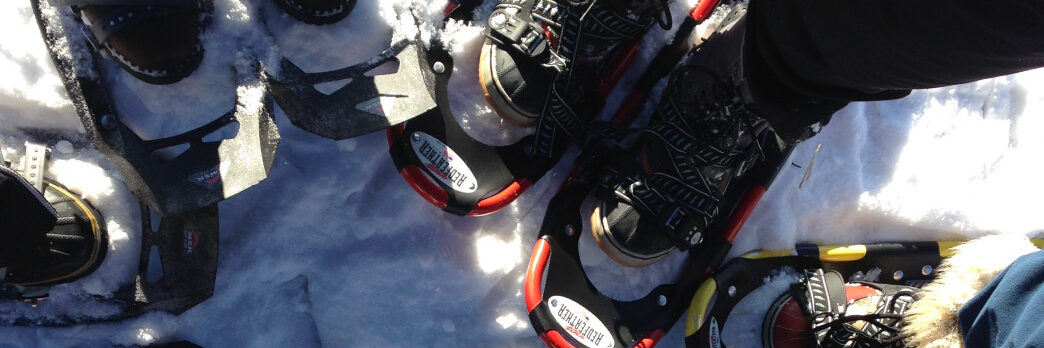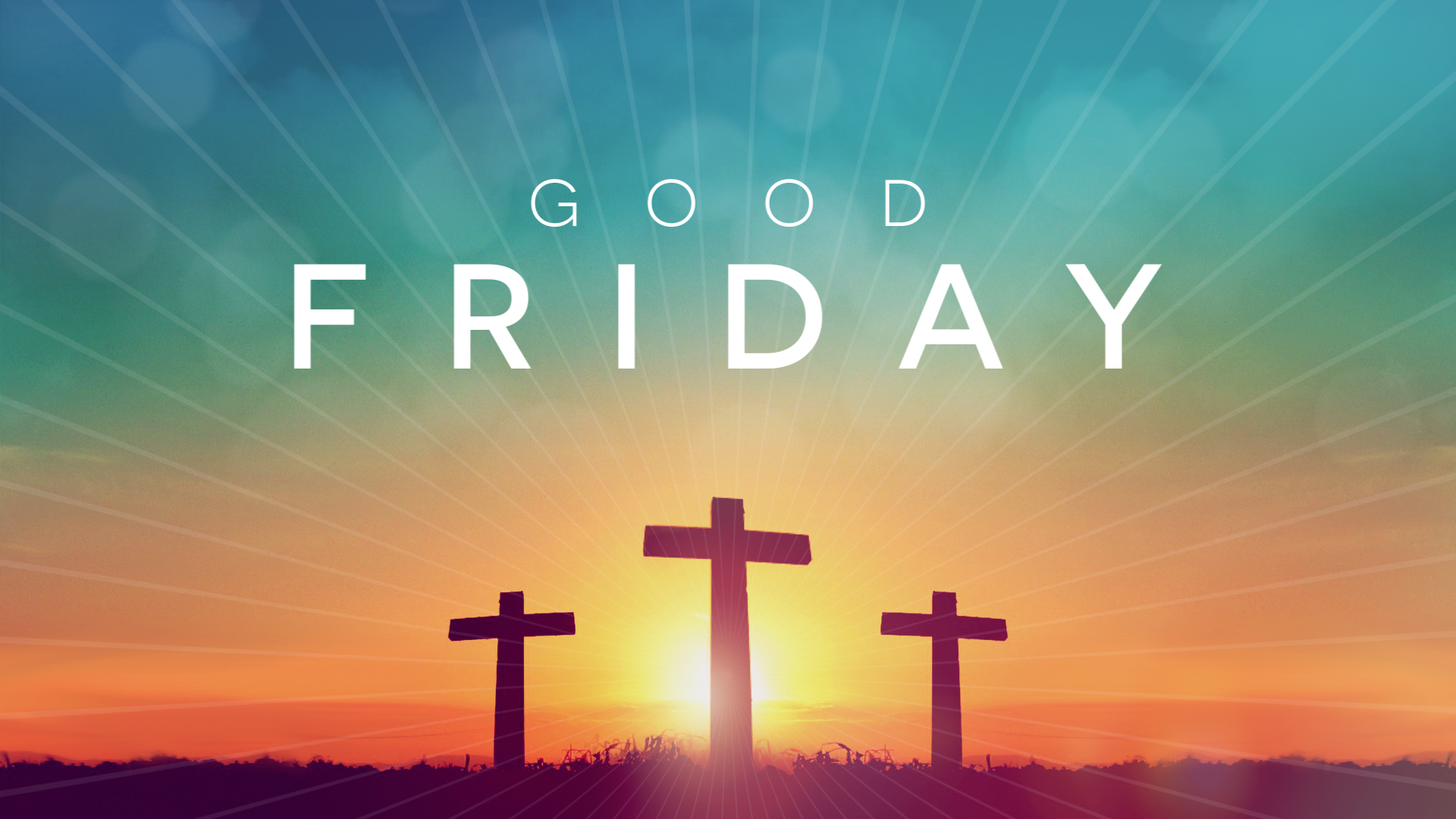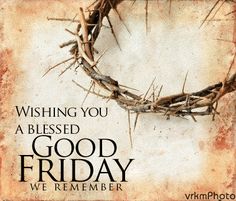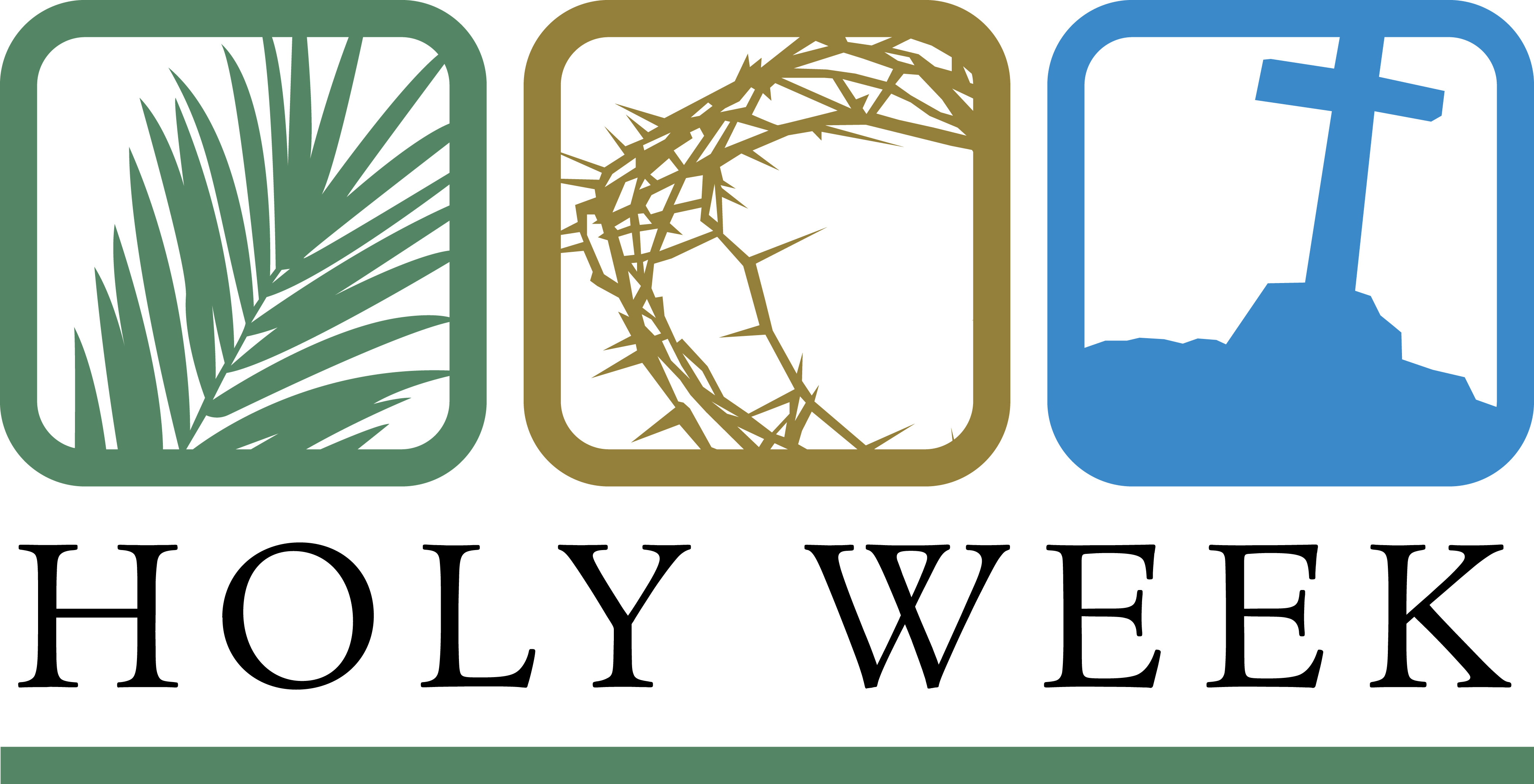Sabbath II, 1988 — Wendell BerryIt is the destruction of the worldin our own livesthat drives us half insane, and more than half.To destroy that which we were givenin trust: how will we bear it?It is our own bodies that we giveto be broken,our bodies existing before and after usin clod and cloud, worm and […]
Reflections on Holy Friday: last seven words
1. Forgiveness, 2. Salvation, 3. Relationship, 4. Abandonment, 5. Distress, 6. Triumph and 7. Reunion. Luke 23:34: Father, forgive them, for they do not know what they do. Luke 23:43: Truly, I say to you, today you will be with me in paradise. John 19:26–27: Woman, behold your son. Son, behold your mother. Matthew 27:46 […]
HOLY WEEK with JCC and around Town
April 10-17 Sun, April 10 – PALM SUNDAY INTERFAITH GATHERING8am • Old Red Library & ZoomJoin us for poetry, prayer, and conversation. Zoom link required. Contact church: [email protected] VIRTUAL CHOIR REHEARSAL9am • ZoomJoin choir director Rebecca Moore to prepare Palm Sunday & Easter Sunday songs. Zoom link required. Contact church: [email protected] WORSHIP with PALMS10:30am • […]
STATIONS of the CROSS
Link to MP3 audio narration: Stations of the Cross audio



